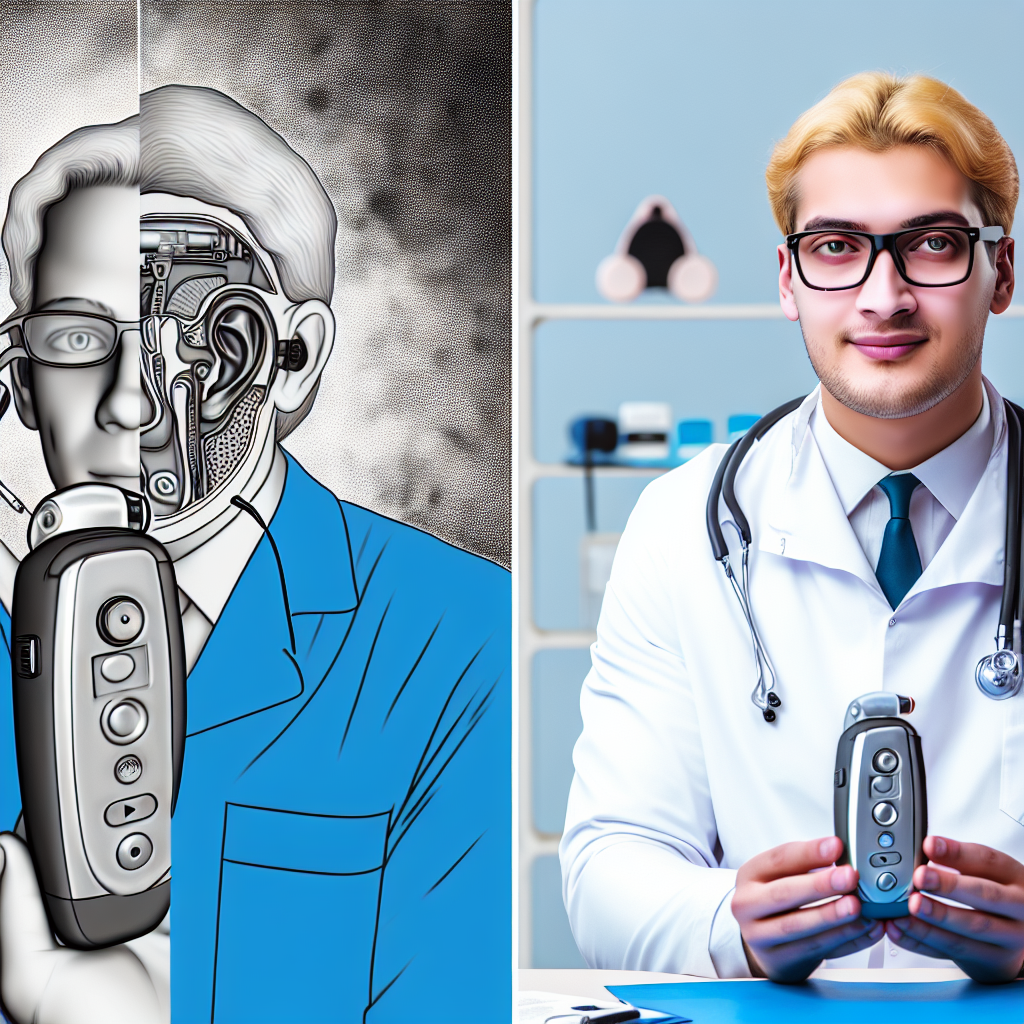
Many people seeking hearing healthcare often confuse hearing aids with audiologists, though these represent two completely different aspects of hearing treatment. Understanding the distinction between these terms is crucial for anyone experiencing hearing difficulties or considering hearing healthcare options.
What is a Hearing Aid?
A hearing aid is a small electronic device designed to amplify and enhance sound for individuals with hearing loss. These sophisticated devices come in various styles and technologies to accommodate different types and degrees of hearing impairment.
Types of Hearing Aids:
- Behind-the-ear (BTE) hearing aids
- In-the-ear (ITE) hearing aids
- In-the-canal (ITC) hearing aids
- Completely-in-canal (CIC) hearing aids
- Receiver-in-canal (RIC) hearing aids
Modern hearing aid technology includes features like noise reduction, directional microphones, wireless connectivity, and smartphone compatibility. These devices require proper fitting and programming to work effectively for each individual’s specific hearing needs.
What is an Audiologist?
An audiologist is a licensed healthcare professional who specializes in diagnosing, treating, and managing hearing disorders and balance problems. These experts hold advanced degrees in audiology and undergo extensive clinical training to provide comprehensive hearing healthcare services.
Audiologist Qualifications:
- Doctoral degree in Audiology (Au.D.) or related field
- State licensure and certification
- Continuing education requirements
- Clinical fellowship training
Key Differences Between Hearing Aids and Audiologists
The fundamental difference lies in their nature: hearing aids are devices, while audiologists are professionals. Here’s a detailed comparison:
Hearing Aids:
- Electronic amplification devices
- Require professional fitting and programming
- Need regular maintenance and adjustments
- Available in various styles and price ranges
- Treat hearing loss symptoms
Audiologists:
- Healthcare professionals
- Diagnose hearing conditions
- Provide comprehensive hearing evaluations
- Offer treatment recommendations
- Perform hearing aid fittings and programming
How Audiologists and Hearing Aids Work Together
The relationship between audiologists and hearing aids is complementary. An audiologist evaluates your hearing through comprehensive testing, determines the type and degree of hearing loss, and recommends appropriate treatment options. If hearing aids are recommended, the audiologist will help select the right device and ensure proper fitting.
Why Professional Hearing Healthcare Matters
While hearing aids are available through various channels, working with a qualified audiologist ensures you receive:
- Accurate hearing assessment
- Proper device selection and fitting
- Professional programming and adjustments
- Ongoing support and maintenance
- Treatment for underlying hearing conditions
CalHearing Services: Comprehensive Hearing Healthcare
At CalHearing, we provide complete hearing healthcare solutions that bridge the gap between professional expertise and advanced hearing technology. Our experienced audiologists offer a full range of services to address all your hearing needs.
Our Professional Services Include:
- Comprehensive Hearing Testing – Complete audiological evaluations to assess your hearing health
- Professional Hearing Aid Fitting – Expert selection, fitting, and programming of hearing devices
- Tinnitus Therapy – Specialized treatment for ringing in the ears
- Hearing Protection Services – Custom solutions to prevent hearing damage
- Hearing Aid Repairs – Professional maintenance and repair services
We proudly serve multiple communities throughout our region. Visit our areas we serve page to see if we’re available in your location.
Making the Right Choice for Your Hearing Health
Understanding that hearing aids are tools and audiologists are the professionals who help you use these tools effectively is crucial for successful hearing treatment. The combination of professional expertise and advanced hearing aid technology provides the best outcomes for individuals with hearing loss.
For additional information about hearing health topics, explore our resources section and stay updated with the latest hearing healthcare information through our blog.
Take the First Step Toward Better Hearing
If you’re experiencing hearing difficulties or have questions about hearing aids and professional hearing services, don’t wait to seek help. Early intervention can significantly improve your quality of life and prevent further hearing deterioration.
Ready to improve your hearing health? Contact CalHearing today to schedule your comprehensive hearing evaluation and discover how our professional audiologists can help you find the perfect hearing solution for your lifestyle and needs.









